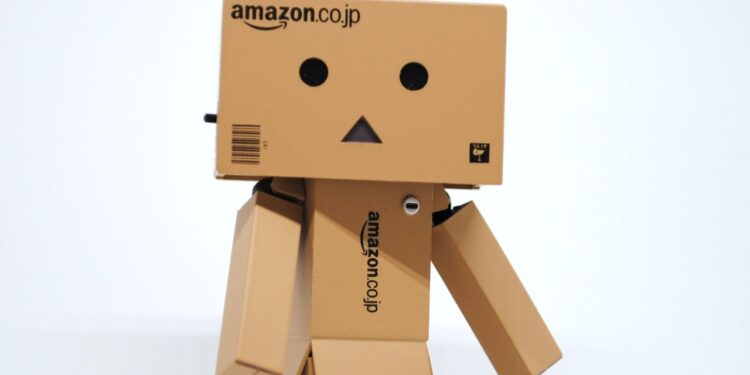Amazon’s launch of its first autonomous mobile robot feels like a progressive step in the future of work, but what does it mean for warehouse workers?
The adage of robots taking over human jobs may seem like a far-fetched, fictional concept, but it has slowly become a reality as this technology continues to advance.
As a result, the idea of automation in the workplace is being embraced by companies like Amazon. While great for efficiency, it could also mean that the human workforce may be at risk of being replaced.
Reportedly, a rumor circulated that Amazon is concerned about running out of warehouse workers by 2024, further emphasizing its need to rely on robots to supplement these gaps.
Unfortunately, the adoption of this technology can have grave workplace implications if policy is not passed to ensure the protection of human workers.
For instance, using this type of automation means that Amazon can access tax loopholes, avoid unionization efforts, workers’ compensation, air conditioning and generally anything else that makes for decent work conditions.
It’s no wonder why Amazon would expedite its robotics adoption — the company has faced accusations of employee mistreatment, increased efforts to unionize, injured employees and more over the last several years.
Because of this, lawmakers would be wise in outlining the proper protocol and legislation that would help protect workers’ rights in the future and hold companies accountable for how the shift can impact the workforce and economy.



 Dr. Gleb Tsipursky – The Office Whisperer
Dr. Gleb Tsipursky – The Office Whisperer Nirit Cohen – WorkFutures
Nirit Cohen – WorkFutures Angela Howard – Culture Expert
Angela Howard – Culture Expert Drew Jones – Design & Innovation
Drew Jones – Design & Innovation Jonathan Price – CRE & Flex Expert
Jonathan Price – CRE & Flex Expert











